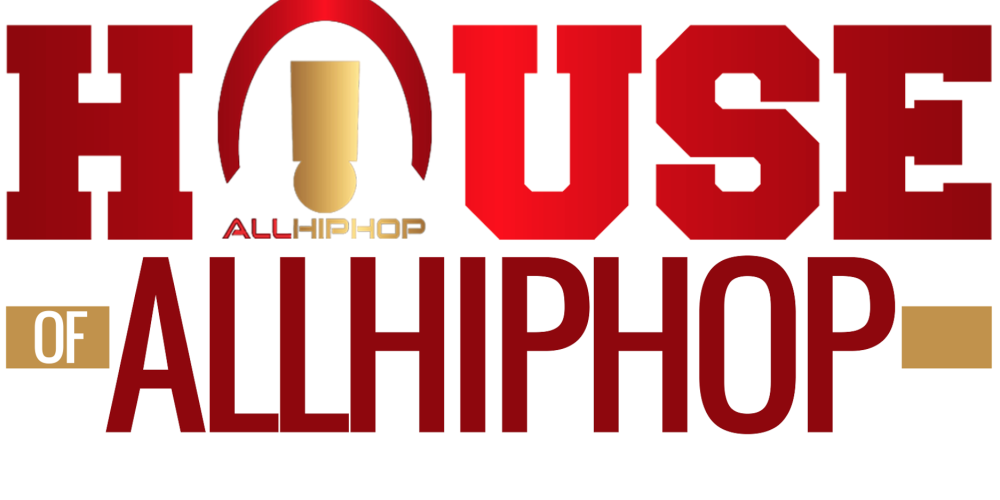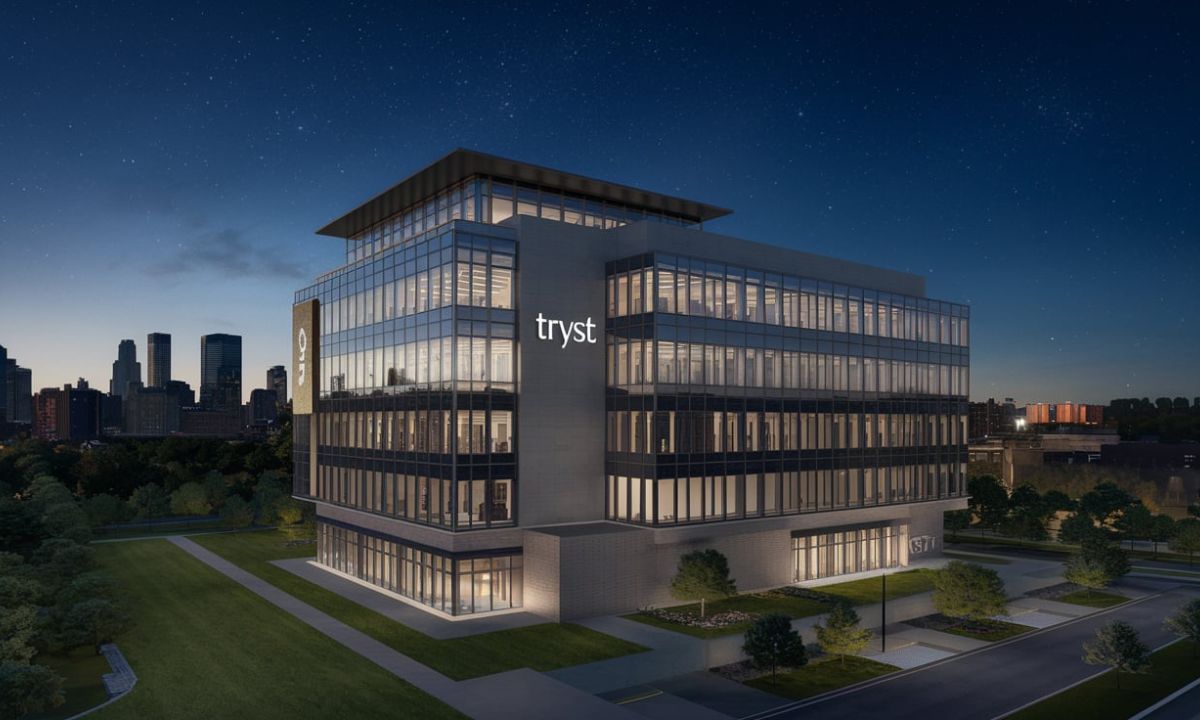Introduction: AllHipHop?
AllHipHop If you’re a fan of hip-hop culture, you’ve probably come across AllHipHop at some point. But what exactly is it, and why is it such a vital platform for both hip-hop fans and artists alike? Let’s break it down.
AllHipHop is one of the leading platforms that cater to everything hip-hop—from news to interviews, album releases, cultural commentary, and even industry insights. Established in 1998, AllHipHop has grown from a niche blog into a digital giant that commands respect from both fans and industry professionals. The platform has long been a go-to source for hip-hop fans who want to stay in the know about the latest in the genre.
But AllHipHop is more than just a website that reports on music; it’s a community hub for artists, fans, and journalists who share a deep love for the culture. The site covers not just the beats and rhymes but also the social and political movements tied to hip-hop, making it a holistic resource for anyone interested in the culture’s past, present, and future.
The Early Days of AllHipHop: Building a Voice in a Crowded Space
Launching in 1998, AllHipHop entered a world where the internet was still finding its feet. Hip-hop was already a global phenomenon by the late ’90s, but there weren’t many dedicated spaces online that provided thorough coverage of the culture. Sure, there were magazines like The Source and XXL, but the online world was missing a reliable, authentic voice that understood the culture from an insider’s perspective.
AllHipHop was founded by Greg Watkins (“Grouchy Greg”) and Chuck Creekmur (“Jigsaw”), both of whom had a deep understanding of the culture and saw the potential of the internet as a medium to broadcast their message. Their shared passion for the genre fueled the platform’s mission: to be a one-stop resource for all things hip-hop.
In the beginning, the founders focused on covering underground and lesser-known artists who weren’t getting the mainstream attention they deserved. They saw themselves as champions of the culture, giving voice to the voiceless, which helped build a strong foundation of loyal readers. Unlike the glitz and glamour of mainstream media, AllHipHop prided itself on its authenticity and connection to the streets.
This authenticity was one of the keys to their early success. As mainstream outlets continued to water down hip-hop’s gritty origins to make it more palatable for mass consumption, AllHipHop kept it raw and real. They brought the same energy to their interviews, articles, and features that made hip-hop exciting in the first place.
Expanding the Reach: Going Beyond Music Coverage
As AllHipHop grew, so did its content offerings. While music remained at the heart of the site, the platform branched out to cover a variety of topics connected to the culture. Fashion, film, and politics became key areas of focus, and the site quickly became known for its diverse coverage.
This shift was crucial. Hip-hop has always been about more than just music—it’s a lifestyle, a movement, and a voice for social change. By covering these areas, AllHipHop broadened its audience and cemented its role as more than just a music blog.
In particular, the site became a stronghold for discussions around hip-hop’s influence on politics and activism. From reporting on hip-hop’s role in the election of Barack Obama to covering protests against police brutality, AllHipHop has consistently shown that hip-hop is a force for societal change.
The site also began featuring reviews of hip-hop-influenced films and TV shows, like 8 Mile, Get Rich or Die Tryin’, and The Wire. By including this kind of content, AllHipHop acknowledged that hip-hop wasn’t just influencing music—it was impacting all aspects of pop culture.
Exclusive Interviews and Features: Giving Artists a Platform
One of the most notable elements of AllHipHop’s rise to prominence has been its ability to secure exclusive interviews with some of the biggest names in hip-hop. These interviews aren’t just fluff pieces either—they’re in-depth conversations that explore the minds of artists, producers, and other key players in the industry.
From pioneers like Jay-Z and Nas to modern-day trailblazers like Kendrick Lamar and J. Cole, AllHipHop has provided a platform for artists to speak their truth. Often, these interviews offer insights that fans can’t get anywhere else, as artists feel comfortable opening up to a platform that understands their world.
But AllHipHop didn’t just focus on established names. They made it a point to shine a light on up-and-coming talent, giving emerging artists a chance to share their stories and build their brands. For many artists, an interview on AllHipHop was their first taste of mainstream exposure, setting the stage for future success.
One of the best things about AllHipHop’s interviews is that they delve deep into the minds of artists. It’s not just about promoting a new album or tour; it’s about discussing the creative process, the state of the world, and the personal struggles that shape their music. This level of intimacy has made AllHipHop a trusted platform for both fans and artists.
The Role of AllHipHop in Breaking New Artists

Speaking of emerging talent, AllHipHop has always had a knack for identifying future stars. Long before artists hit mainstream success, they often found their way onto AllHipHop’s radar. This ability to spot talent early on has given the platform a level of credibility that few others can claim.
In the early 2000s, for instance, AllHipHop was one of the first platforms to promote then-unknown artists like Kanye West and Lupe Fiasco. As their careers blossomed, AllHipHop was right there to cover every step of their journey. The site’s unwavering support for these artists is a testament to its deep connection to the culture.
What sets AllHipHop apart is that it doesn’t just report on new artists; it helps create them. The platform’s in-depth interviews and features provide artists with a space to tell their stories and connect with audiences authentically. This relationship-building has been key to the site’s success and the success of many artists who have come through its pages.
The site also encourages its readers to discover new music, constantly spotlighting mixtapes, freestyles, and independent projects that might not get coverage elsewhere. This championing of underground talent is one of the reasons why AllHipHop remains a beloved platform among true hip-hop heads.
Navigating Controversies: Keeping It Real Without Burning Bridges
No platform of AllHipHop’s stature can avoid controversy, especially in a genre as passionate and politically charged as hip-hop. Over the years, the platform has been involved in its share of disputes, often with artists who took issue with stories, reviews, or opinions expressed on the site.
One notable example occurred when the platform reported on rumors surrounding an alleged feud between two high-profile rappers. The story quickly went viral, and while it provided some juicy content for readers, it also stirred up tensions within the industry. AllHipHop was caught in the middle, navigating the delicate balance between reporting the news and respecting the privacy of those involved.
Despite these occasional flare-ups, AllHipHop has managed to maintain strong relationships with many artists and industry insiders. One reason for this is the platform’s transparency and commitment to journalistic integrity. When faced with backlash, the site has never been afraid to issue clarifications or correct mistakes, a move that has earned it respect over the years.
Another factor is the site’s willingness to give artists a platform to respond to criticism or controversies. Rather than perpetuating beef, AllHipHop often serves as a mediator, giving both sides a chance to share their perspectives and clear the air. This has helped the platform stay relevant and respected even in times of turbulence.
The Impact of Social Media: Adapting to a Changing Landscape
As social media began to dominate the internet, AllHipHop found itself at a crossroads. Traditional websites were no longer the primary way people consumed content; platforms like Twitter, Instagram, and YouTube were taking over as the go-to sources for news and entertainment. For many media companies, this shift posed a significant challenge. But AllHipHop adapted.
By embracing social media, AllHipHop was able to expand its reach and engage with fans in new ways. The platform started using Twitter to break news, Instagram to share exclusive content, and YouTube to host interviews and video features. This multi-platform approach allowed to stay relevant in an increasingly fragmented digital landscape.
One of the biggest benefits of social media for has been its ability to interact directly with its audience. Fans can now comment, share, and engage with content in real time, creating a more dynamic and interactive experience. This feedback loop has made more responsive to its readers’ interests, helping it stay ahead of the curve when it comes to breaking news and cultural trends.
However, social media also introduced new challenges. With so many platforms competing for attention, the pressure to produce content quickly and consistently grew. had to strike a balance between maintaining the quality of its reporting and keeping up with the fast-paced nature of social media. It’s a delicate balancing act, but one that the platform has managed to navigate successfully.
The Evolution of Hip-Hop Journalism: Where Does AllHipHop Fit In?
As hip-hop has continued to grow in popularity and influence, so has the landscape of hip-hop journalism. In the early days, platforms like were few and far between. But today, there are countless blogs, websites, and YouTube channels dedicated to covering every aspect of the culture. So where does fit into this increasingly crowded space?
The answer lies in its authenticity and commitment to the culture. While many newer platforms focus on click




